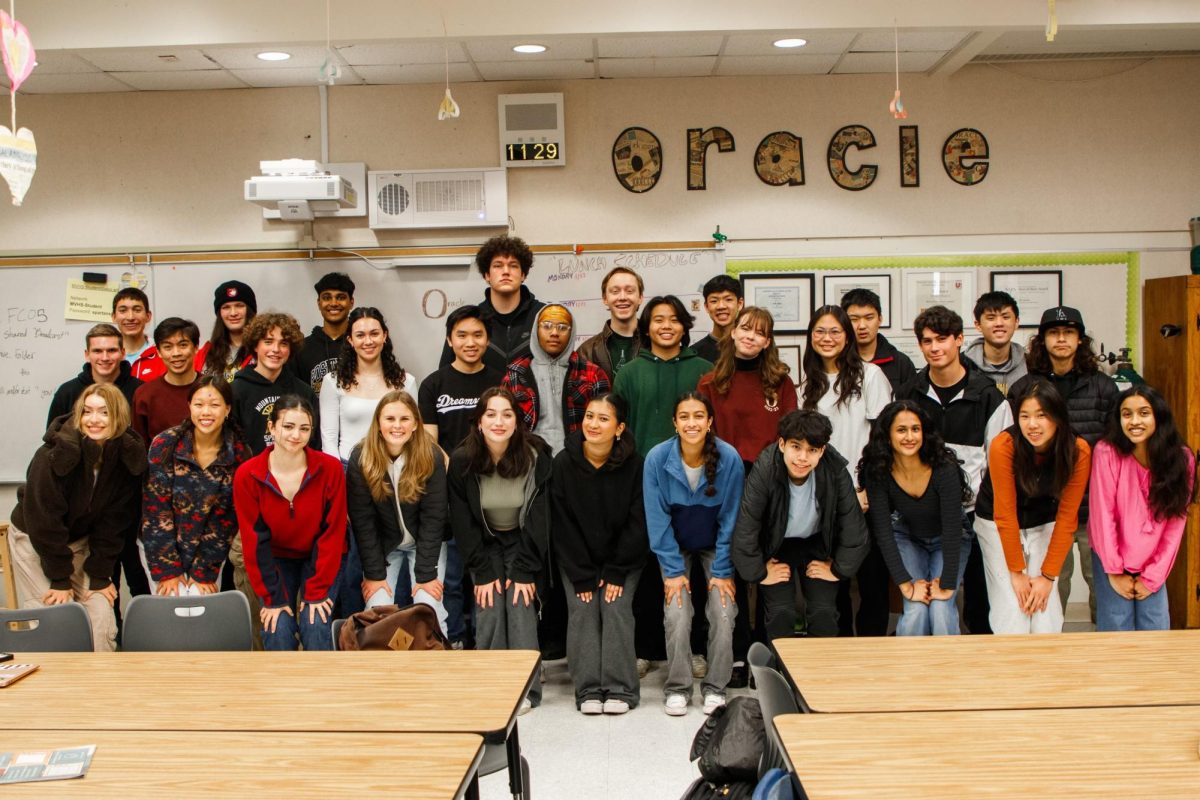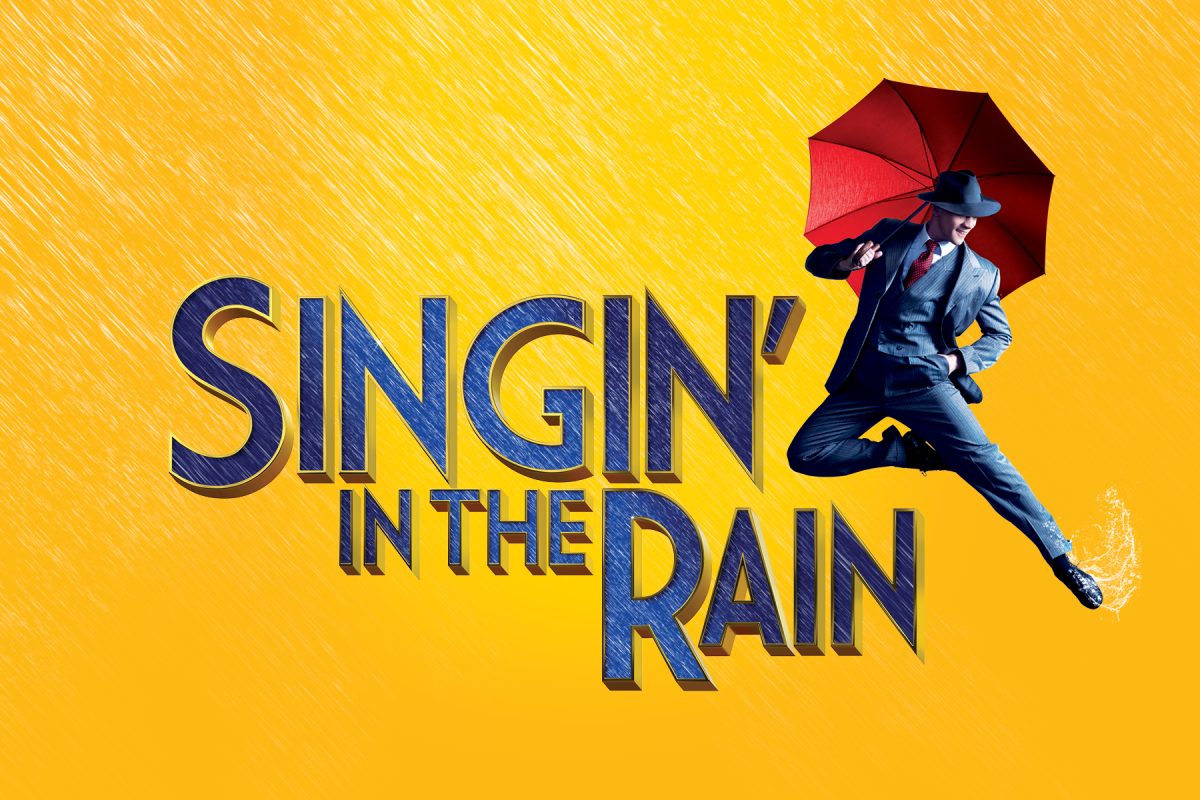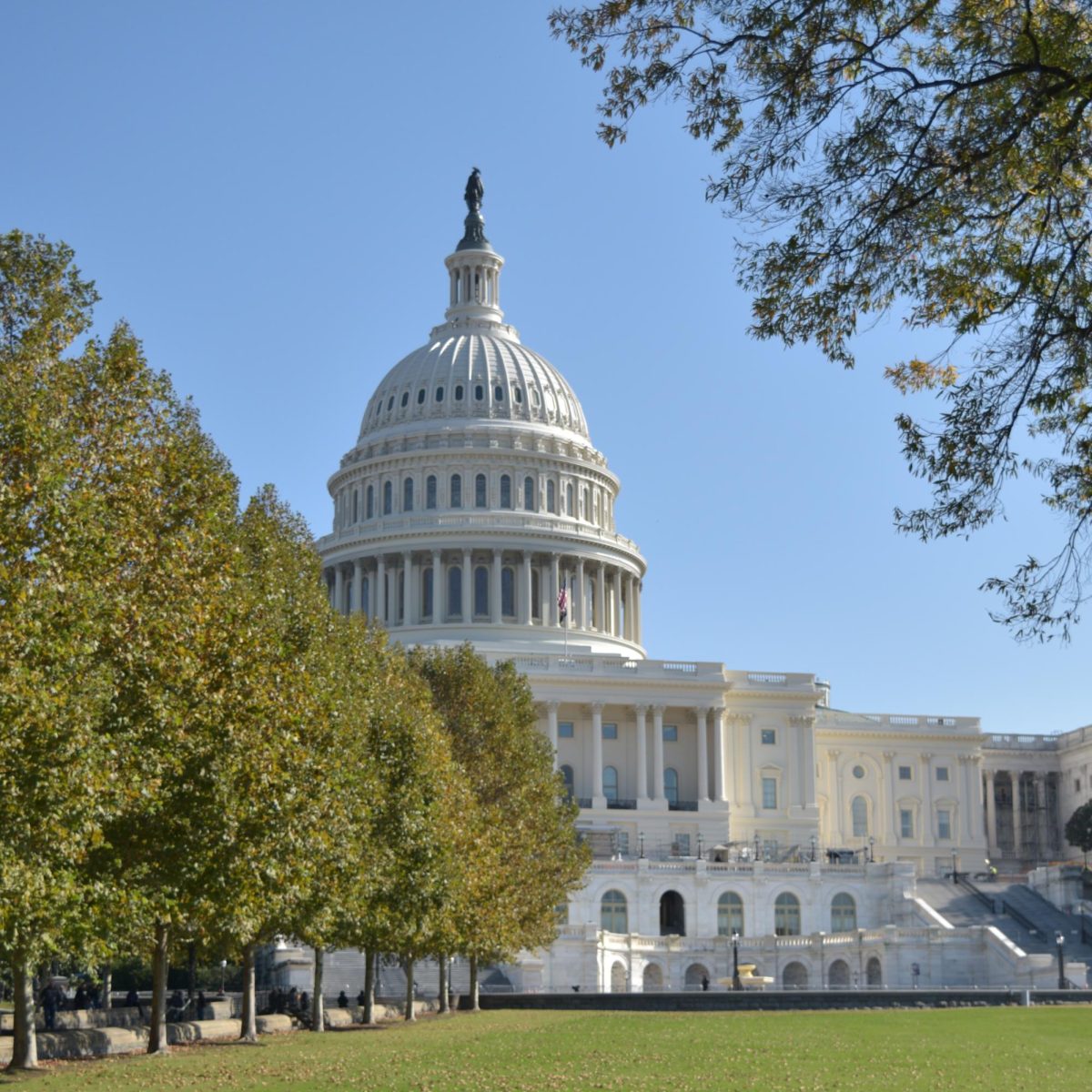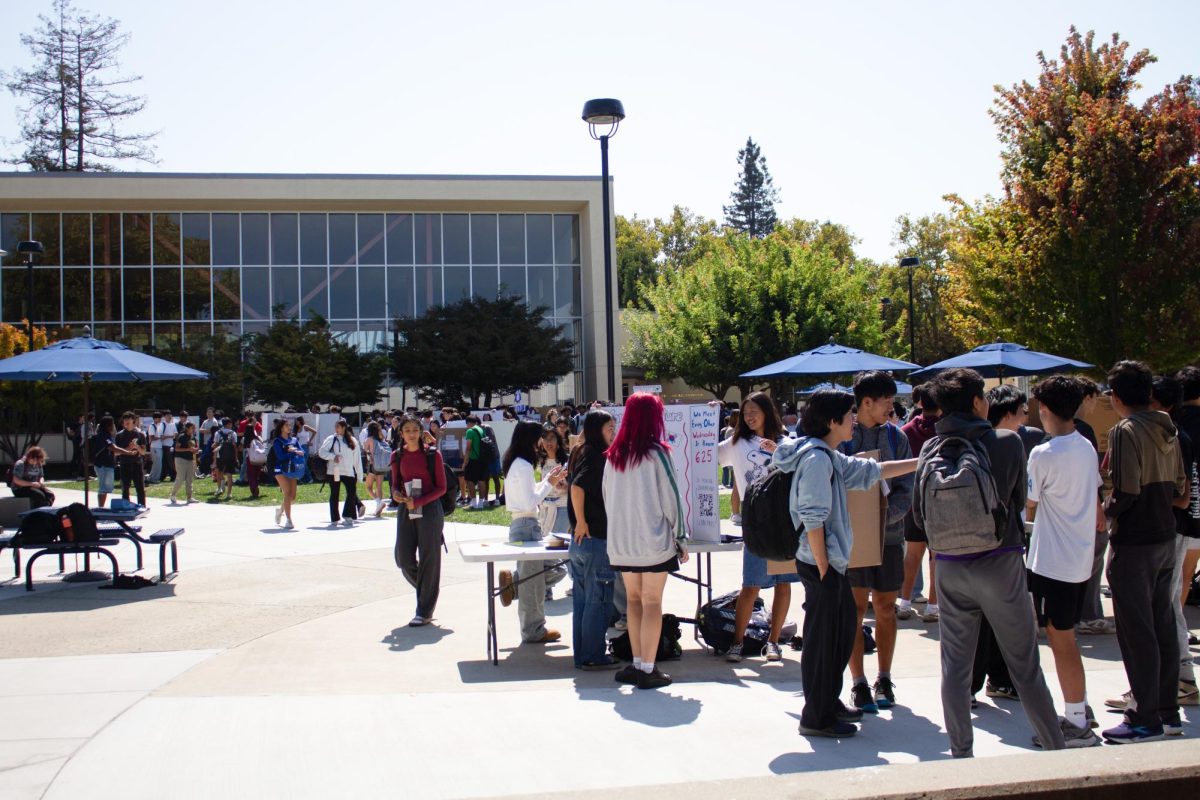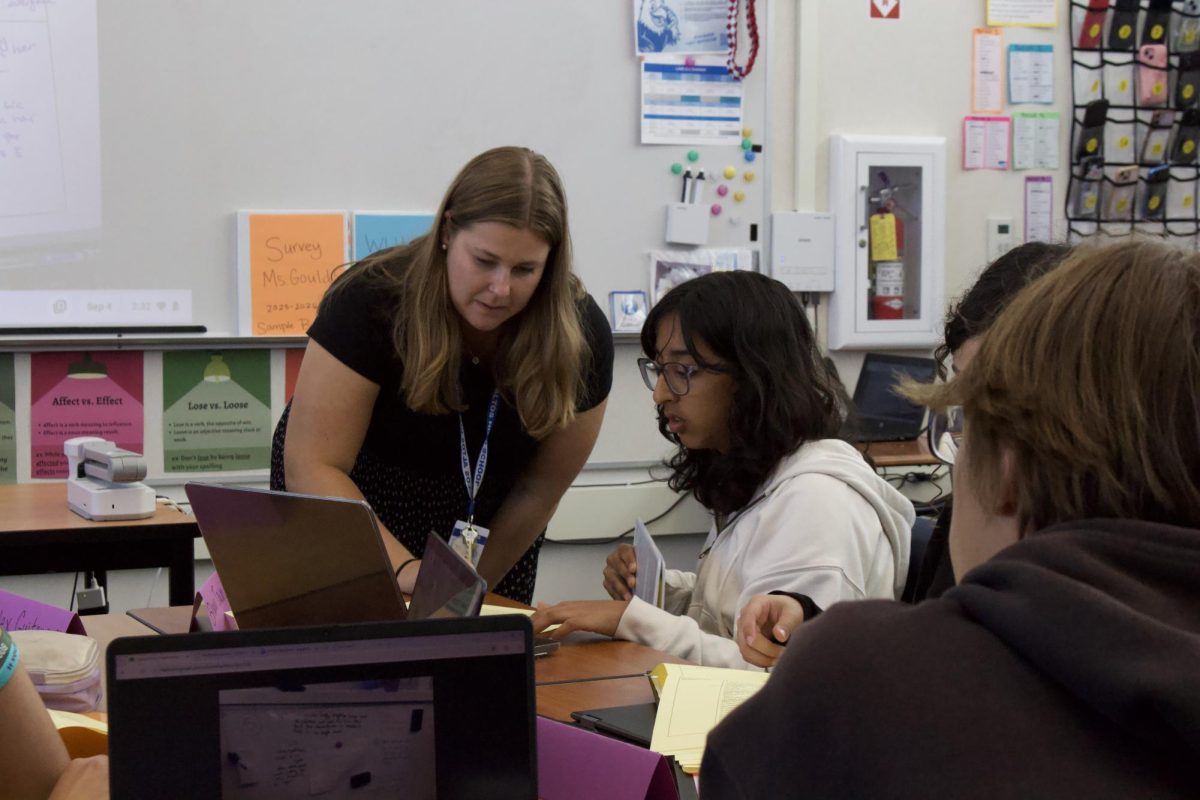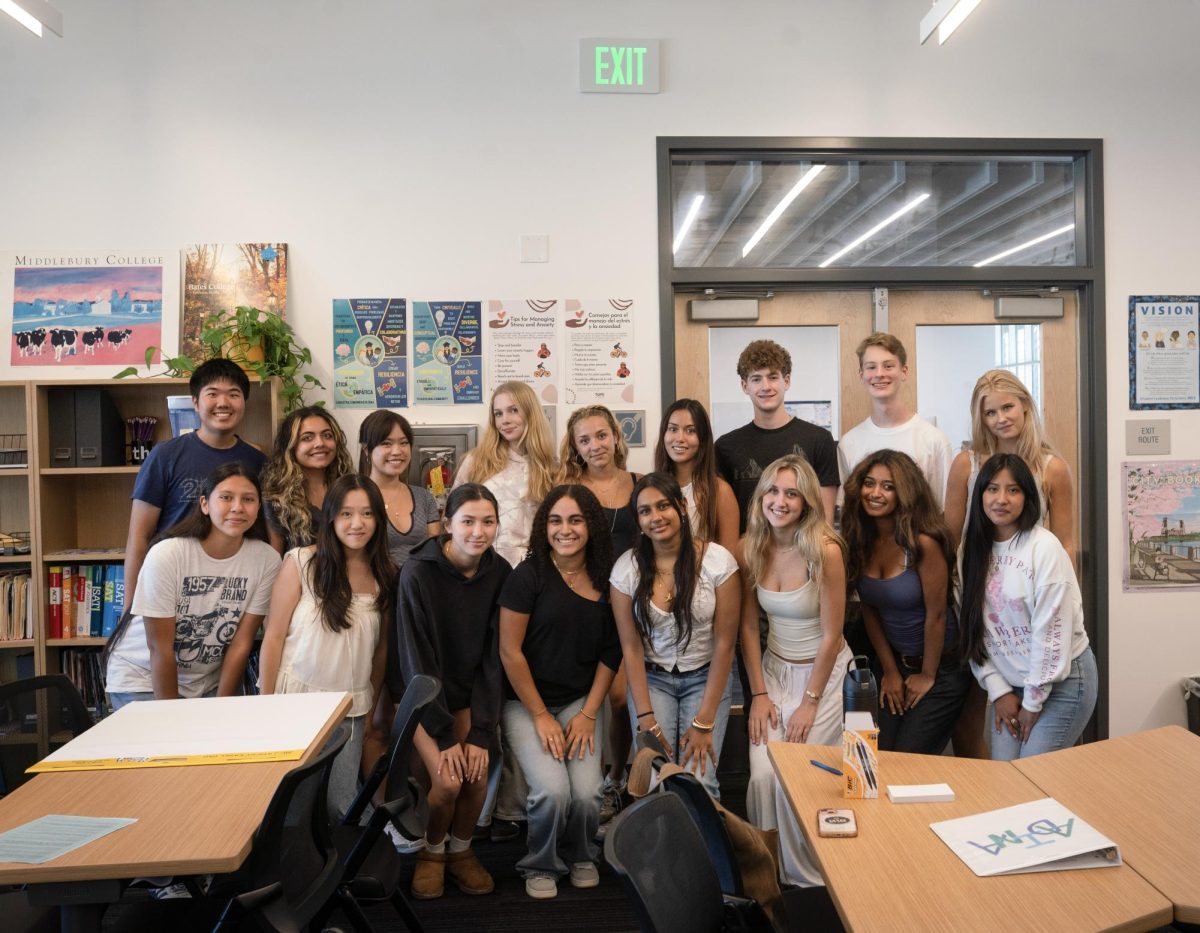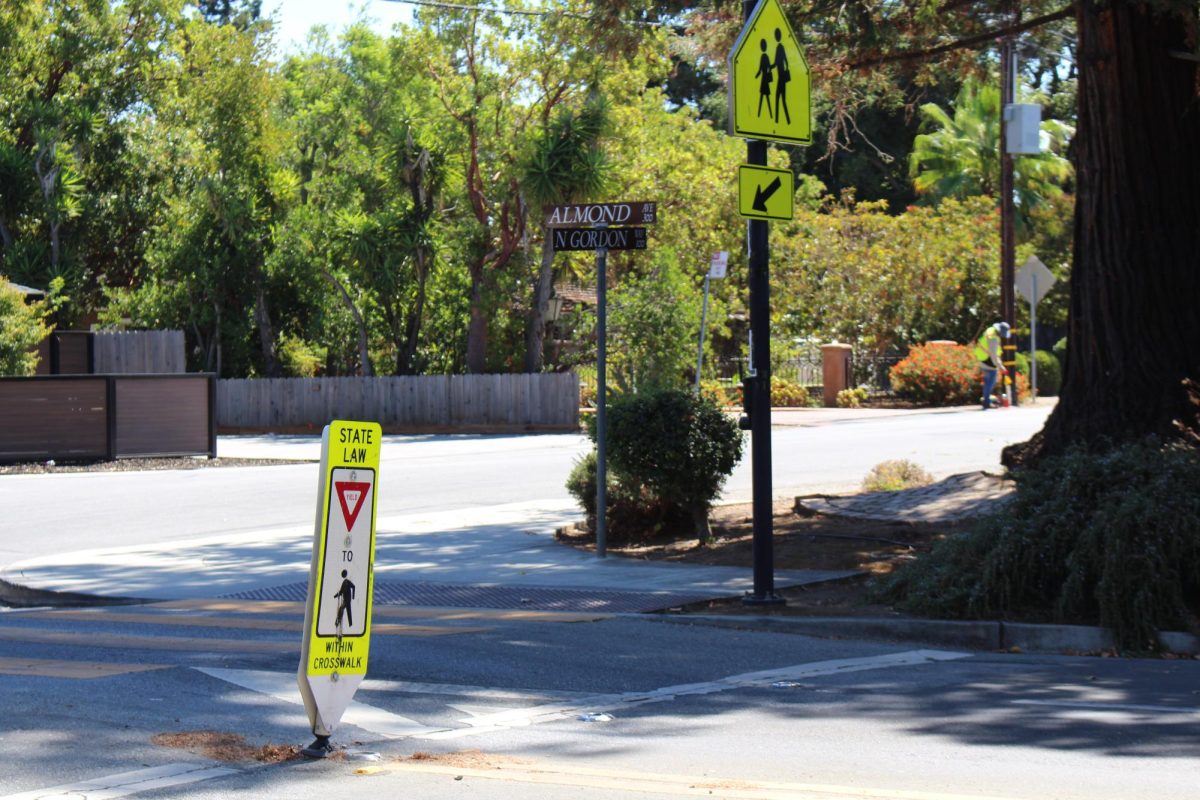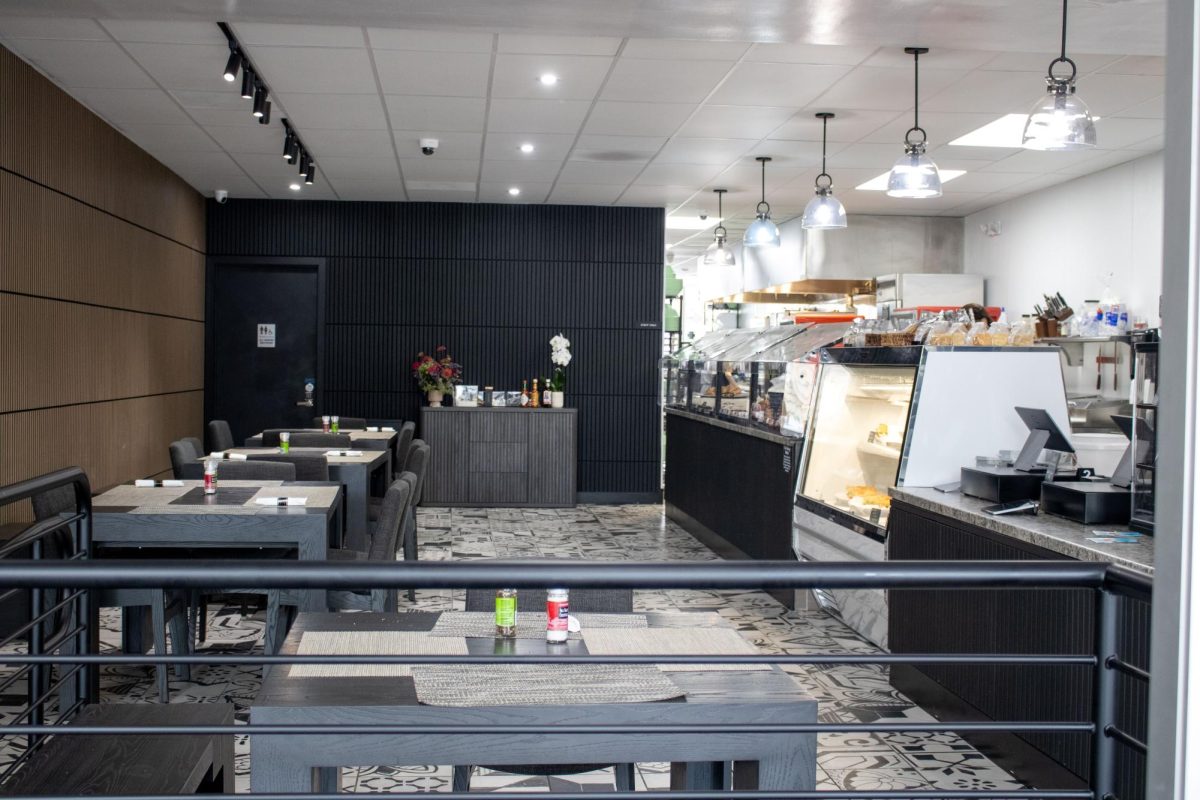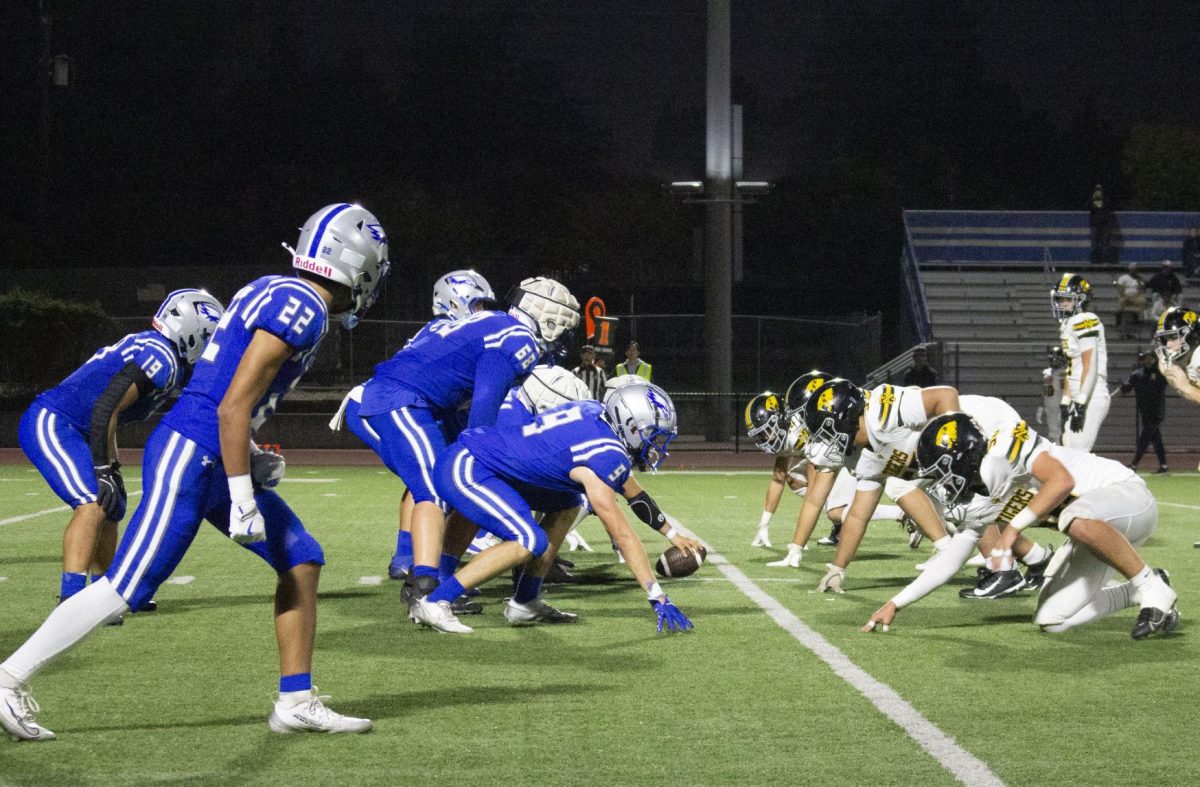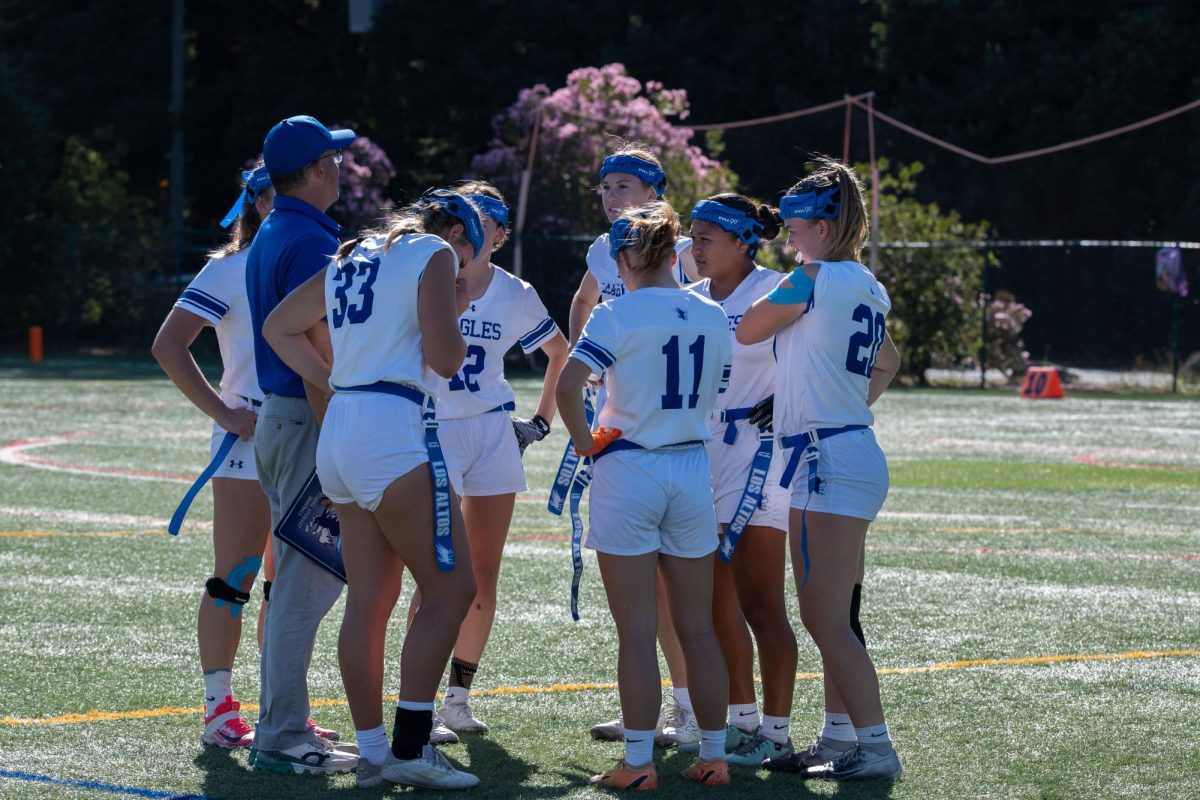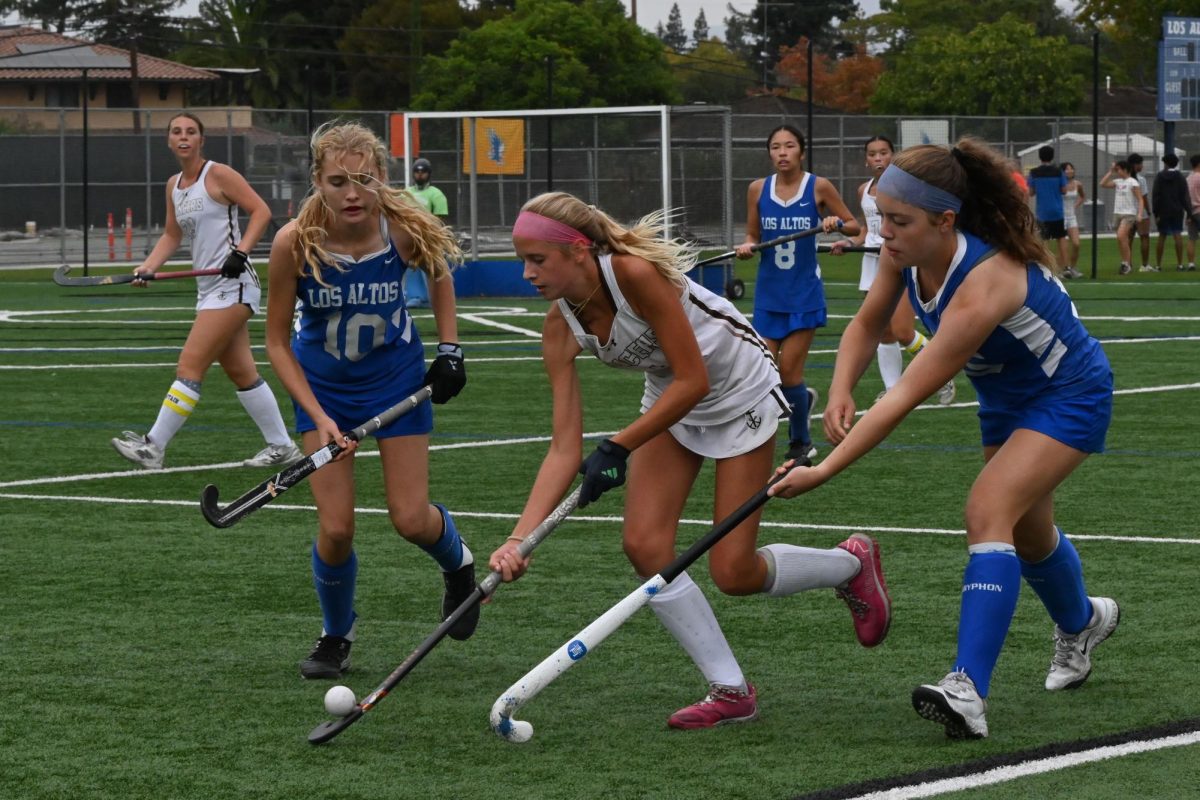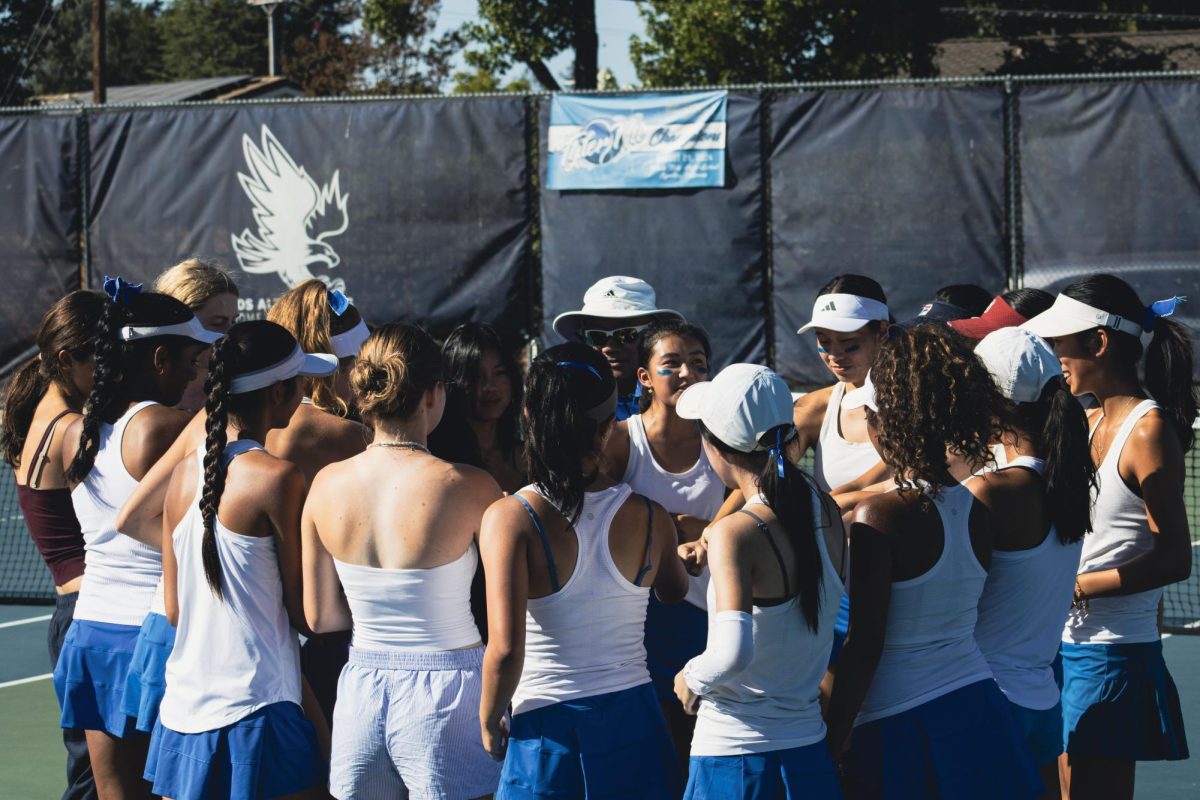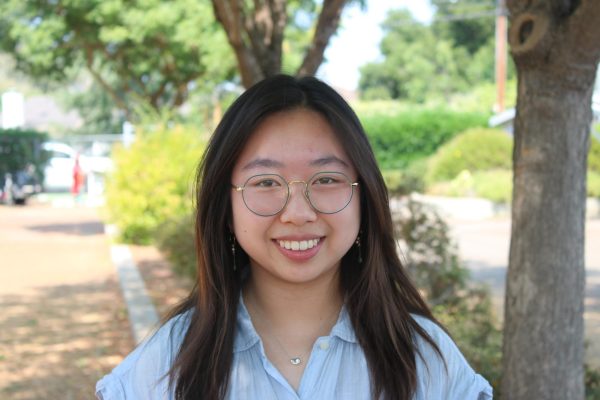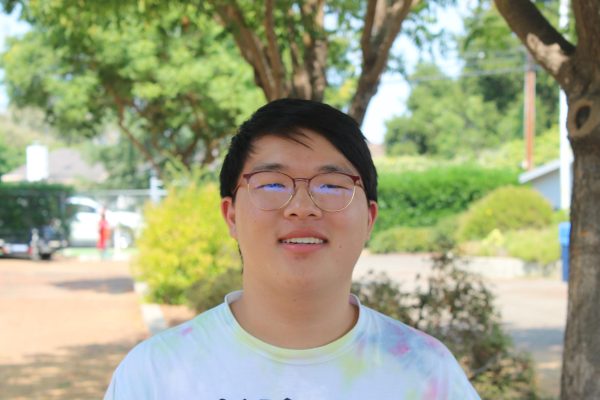A Mountain View High School student, a teacher and a recent graduate sued MVHS Principal Kip Glazer and the Mountain View–Los Altos School District (MVLASD) over the alleged censorship of the MVHS student newspaper, The Oracle.
The lawsuit claims that Glazer prioritized her reputation over the school’s well-being when she pressured students to alter the content of an Oracle article about sexual harassment. It also alleges that Glazer retaliated against Oracle after the publication of the sexual harassment article by cutting MVHS’s Introduction to Journalism course and removing Oracle adviser, Carla Gomez, from her position.
Counsel for Gomez and Oracle co-Editor-in-Chief Hanna Olson sent a letter to Glazer and MVLASD representatives in September threatening to sue and listing demands, including an apology and recognition of censorship, the reinstatement of Gomez as Oracle’s adviser, the restoration of MVHS’s Intro to Journalism course and a commitment that the District would not censor the sexual harassment article in the future. After their demands weren’t met, Gomez, Hanna and former Oracle staff member Hayes Duenow ‘23 filed the lawsuit against MVLASD and Glazer on Thursday, February 22 in Santa Clara County Superior Court.
“It wasn’t okay with any of us that this was just going to stay in the past, that we were going to forget about everything that happened last year,” Hanna said. “I definitely am not surprised that we had to get to this point.”
The lawsuit provides more specificity than the aforementioned letter about Glazer’s involvement and the effects of the alleged censorship. It claims that Glazer’s actions — visiting the Oracle class to stress the importance of writing about the school in an “uplifting” and “positive light” and “exerting enormous and unlawful pressure” in private meetings with writers and editors — are explicit censorship.
“The students, who are more likely than adults to be chilled by the pressure, power and authority of their Principal, relented to the pressure Principal Glazer exerted on them and implemented extensive changes to the content and context of the Article,” the complaint says.
The lawsuit includes information about the changes made to the published sexual harassment article after Glazer’s meetings with Oracle. For example, one detail that was removed was the explanation that female students were particularly scared of a serial sexual harasser because they attended overnight school trips together. Similar details listed in the article about the extent of harassment between students — a sexually explicit text message, a harasser spreading rumors about his ex-girlfriend committing self-harm, claiming he impregnated a female student and saying that he had an album “full of pictures of a female student” — weren’t published.
Other details, such as a victim’s quote about how she felt MVHS wasn’t holding her harasser accountable, a description of how sexual harassment victims may struggle in school and an expert opinion about how a lack of accountability “sends the worst possible message,” were removed.
Two writers of the sexual harassment article, sophomore Renuka Mungee and junior Myesha Phukan, both wish they had kept more details of sexual harassment in the article in publication.
“Our main intention was to make the victims’ voices heard and bring awareness to the fact that [sexual harassment] happened on campus,” Renuka said. “I think when the article was diluted and changed, it took away from that.”
While Renuka and Myesha declined to be plaintiffs in the case, both believe Glazer’s actions constituted explicit censorship that led to significant changes to the sexual harassment article. They see the lawsuit as a necessary step to protect Oracle’s future.
“I completely support [the plaintiffs] in filing this lawsuit,” Myesha said. “To me, it feels like a semblance of justice. I think it’s representative of the resilience of Oracle and the fact that we aren’t going to back down.”
Duenow, a recently graduated MVHS student and plaintiff, was another writer on the sexual harassment article. She explained she joined the case as a plaintiff to defend student journalism after being told in a one-on-one meeting with Glazer that the article must be censored, as stated by the lawsuit. The complaint describes this as “extraordinary pressure.”
“Oracle became like a kind of family to me,” Duenow said about her three years on staff. “It was very important to me to protect The Oracle and also, on a larger scale, to make sure that all student journalists see this as an example of why it’s important to use your voice — because that is a superpower.”
Jean-Paul Jassy, counsel for Hanna, Duenow and Gomez, has litigated First Amendment cases for organizations like the Huffington Post and the Los Angeles Times. He and his law firm Jassy Vick Carolan took on the case pro bono — a move that he says reflects his views on the importance of student journalism.
“I have a special affinity for helping out high school students and their journalism advisers, because that’s where a lot of today’s journalists get their first exposure to the importance of journalism in a free press — by working at their high school,” Jassy said.
Jassy explained that the plaintiffs were still open to an early resolution outside the courtroom if the District met their demands. Otherwise, they’re ready to see the case through to the end.
“I feel very confident that we’re going to win this case,” Jassy said. “The incidences of censorship are really quite clear.”
MVLASD Superintendent Nellie Meyer declined to comment; Glazer and the District’s legal counsel did not respond when asked to comment. Gomez referred The Talon to Jassy.
While Hanna said that she’s tried to keep discussions out of the case out of the classroom — and emphasized that the plaintiffs of the case don’t represent The Oracle as a whole — Hanna, Renuka and Myesha all believe the effects of the alleged censorship are still reverberating through MVHS’s journalism program.
“It’s really important that the administration is held accountable because the impacts of the things that they did are definitely going to last for a lot longer than just this year,” Renuka said. “I mean, it’s a year later, and we’re still seeing the effects.”
One of the lasting effects The Oracle has felt, according to Hanna, is a sense of risk about reporting on potentially sensitive issues.
“There’s been a sentiment of ‘we need to be careful, we’re on thin ice right now,’” Hanna said. “Whenever [the other Editors-in-Chief and I] hear something like that from our writers, it kind of makes us sad. You shouldn’t be fearful of your administration.”
Reunka agrees, explaining that she feels Oracle writers are more cautious about their interactions with the administration, but Hanna said The Oracle has not censored anything since.
The complaint, among other requests, asks for an injunction to protect the sexual harassment article from future censorship and to allow Oracle to potentially publish a version of the sexual harassment article with the previously removed details.
“I would definitely try to publish the full story, for everyone who’s brave enough to share their story, for their sake,” Renuka said. “For anyone who’s struggling with sexual harassment right now, I think it could be really powerful.”
The complaint also calls for the reinstatement of Gomez as Oracle’s adviser along with back pay, the restoration of the Intro to Journalism course and for the District to cover the cost of the lawsuit. But Hanna emphasized that financial compensation isn’t the focus of the lawsuit.
“It’s not about getting money,” Hanna said. “That’s not what I’m asking for. It’s just about an acknowledgment of wrongdoing.”




